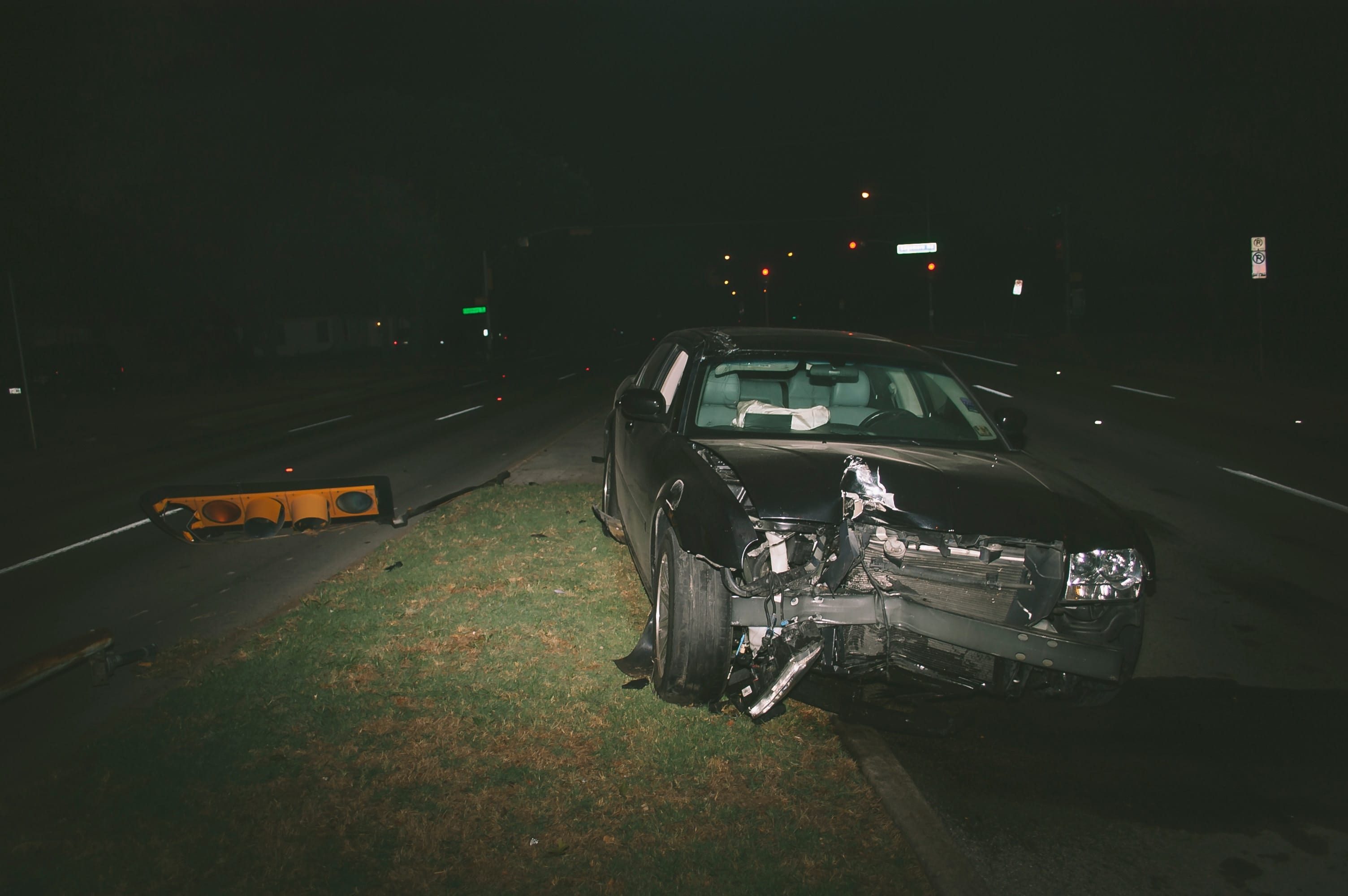Ultimately, your attorney can give you a better picture of how long your particular case will take. Cases with complex facts and multiple witnesses often take longer because there are more points for the defense to challenge.
If you were involved in a car accident, there are a lot of things to take care of. Getting medical treatment, getting back to work, and getting your car repaired or replaced – all while dealing with normal daily tasks – can be overwhelming. Many people push the legal issues in their case to the side, but it is absolutely vital to address them sooner or later because every state has a limit on how long you have to sue for a car accident case.
This deadline, governed by the state’s “statute of limitations,” varies from state to state. Most states set your deadline at two to three years from the date of the accident, but some states have short one-year statutes of limitations or longer four-year statutes of limitations.
Another important thing to consider is whether you can sue at all for your accident. Many states place limitations on your ability to sue, instead limiting you to filing an insurance claim for certain kinds of car accident cases. It is important to learn the laws of your state and discuss your case with an attorney in your state to make sure you meet all deadlines and protect your right to sue – if that right is available.
How Long is the Statute of Limitations for Car Accidents in My State?
As mentioned, most states set the statute of limitations for car accident claims at two to three years. For instance, the statute of limitations for Pennsylvania car accident lawsuits is two years, requiring drivers to get their case to court relatively quickly. To find the statute of limitations in your state, the internet is a great resource. Many law firms have articles on their websites about how long the statute of limitations is, and most states post their laws online. If you are looking at your state’s code to find out how long the statute of limitations is for car accident cases, it is usually listed under a section dealing with “court rules” or “rules of civil procedure.”
Even if you have a long statute of limitations in your case, you should still work with an attorney quickly and talk to them about filing your case as early as you can. Although the state might give you several years to file your case, there are still important things to take care of immediately, such as evidence collection, medical treatment, and damage appraisals. If you wait too long, evidence could be discarded, witnesses could forget what happened, damage could be repaired without photos taken, and injuries could get better without proper medical documentation. This limits what evidence you have available when you do take your case to court.

Finding Out if Your State Allows Lawsuits for Car Accidents
It might seem like an odd question to ask, but in many states, you will need to ask whether you are even allowed to sue for a car accident. If you are not allowed to take your case to court, then you might have even quicker filing deadlines to get damages through the insurance companies.
Many states work on an “at-fault” car insurance system. In these states, victims of car crashes file claims against the driver who caused the crash. Those claims are usually allowed to be either an insurance claim or a lawsuit. While the time it takes to settle an insurance claim for a car accident might be shorter than the time it takes to go to trial in many cases, there may be additional damages you can receive at trial, so that option might be better for your case.
Other states use “no-fault” insurance rules. In these states, each driver has their own insurance that will cover their own injuries in the event of a crash regardless of who caused the crash. These states usually have rules blocking lawsuits so that drivers are forced to rely on their insurance instead of burdening the court system with lawsuits for more minor car accident cases. However, there are usually limits on these rules, set either as “monetary thresholds” or a “verbal thresholds.”
With monetary thresholds, you can sue if your injuries reach above a certain amount of money in damages. These limits are sometimes called “personal injury protection” or PIP limits. This helps victims of expensive cases sue, even in no-fault states. A “verbal threshold” uses a definition for injuries, such as “permanent” or “severe,” that will entitle a victim to sue instead of being forced to use their insurance.
Some states, like Pennsylvania, use a “choice no-fault” system. In this system, drivers can choose between no-fault coverage (which is usually cheaper because of its limitations) or at-fault coverage that protects their right to sue. In Pennsylvania, these are called “limited tort” and “full tort” policies, respectively. Other states use “add-on” coverage, where you can add first-party or PIP benefits to your at-fault policy.
Talk to a lawyer about the specific rules of your insurance policy in your state to see if your right to sue is protected.
How Long Does a Car Accident Case Take?
Remember that the statute of limitations in your case is only the deadline for filing your injury case. This means that you have as much time as the law allows to get your foot in the door and file your claim against the at-fault driver. However, the case will usually take longer to resolve beyond the filing date. Lawsuits can potentially take weeks or months depending on various factors, such as how crowded the court’s schedule is and how long the filing and response deadlines are for each motion made in your case.
Ultimately, your attorney can give you a better picture of how long your particular case will take. Cases with complex facts and multiple witnesses often take longer because there are more points for the defense to challenge. However, most trials will last only a few days—if the case is not settled before trial.


Join the conversation!